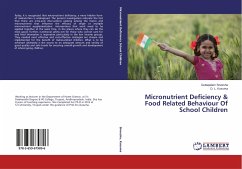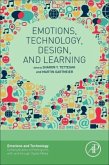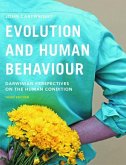When we follow the origins of the feeling of morality and its unfolding in different human societies, we can see that at its core lies the problem of violence and the means to avoid, diminish or control it. Therefore, through a study of reality and of our biological aptitudes for altruistic behaviour, we can observe the importance of these characteristics for human and scientific development. Bioethics seeks exactly to diminish the damage caused by man to other animals and to himself. And considering the importance of empathy and perception for the recognition of animal suffering, we observe that people who limit their moral considerations to the boundaries of their own human community may be more indifferent to the suffering of other animal species. Thus, a society that represses our moral considerations and endangers our mental health, may at some point produce a population indifferent to suffering, making acts of violence common, contributing to an inhumane education, and in aspecific case, may also contribute to an inhumane science.








